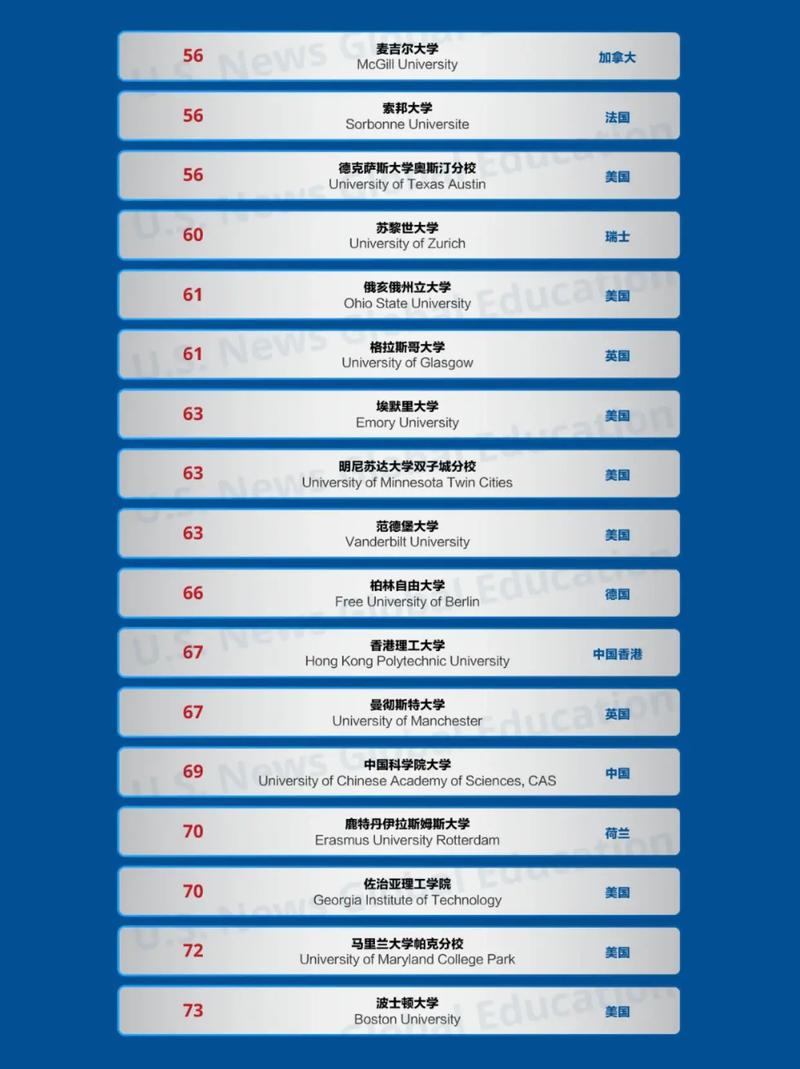Think Tank Report: 2025 to Be the Year of Potential U.S. Debt Collapse
 summary:
In a recent report published by a leading think tank, the year 2025 has been identified as...
summary:
In a recent report published by a leading think tank, the year 2025 has been identified as... In a recent report published by a leading think tank, the year 2025 has been identified as a potential tipping point for the United States' debt situation, signaling the potential for a major crisis in the coming years. The report highlights the growing concerns over the sustainability of U.S. debt and its potential impact on the global economy.
The report begins by analyzing the current state of U.S. debt. With the federal debt ceiling continually rising, the U.S. government has been borrowing heavily to finance its expenses, leaving little room for maneuvering in case of economic downturns or emergencies. The report points out that the current trajectory of debt accumulation is unsustainable and poses a significant risk to the economy's stability.
Moreover, the report examines the factors driving this debt crisis. The COVID-19 pandemic has further accentuated the problem by causing a sharp increase in public spending and a decline in tax revenues. Additionally, the report highlights other factors such as rising social welfare costs, infrastructure investments, and defense spending as key drivers of debt accumulation.
Looking ahead, the report predicts that 2025 could be a pivotal year for U.S. debt. By this time, the debt crisis could reach a critical stage, with the government facing severe constraints on its ability to borrow, and investors becoming increasingly concerned about the sustainability of U.S. debt. This could lead to a significant increase in interest rates, causing further stress on the economy and government finances.
The report also explores the potential impact of a U.S. debt crisis on the global economy. As the U.S. economy is closely linked to other economies worldwide, a debt crisis could have spillover effects on global financial markets, causing volatility and uncertainty. Additionally, a rise in interest rates could increase borrowing costs for governments and businesses across the globe, leading to slower economic growth and higher unemployment.
In light of these findings, the report urges policy makers to take swift action to address the debt crisis. This includes implementing fiscal discipline to control spending, boosting tax revenues, and reforming entitlement programs to make them more sustainable. The report also emphasizes the need for international cooperation to address the potential impact of a U.S. debt crisis on global economic stability.
However, it is important to note that while the report highlights the potential risks associated with U.S. debt, it does not provide a definitive prediction of a debt collapse in 2025. The outcome will depend on several factors, including policy decisions and economic conditions. Nonetheless, the report serves as a wake-up call for policy makers to take necessary measures to ensure sustainable fiscal policies and avoid a potential debt crisis in the future.
In conclusion, the think tank report provides valuable insights into the potential risks associated with U.S. debt and highlights the need for policy makers to act swiftly to address these risks. As we approach 2025, it is crucial to monitor the situation closely and take necessary measures to ensure global economic stability and sustainable growth.

